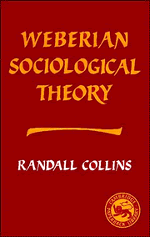12 - Courtly politics and the status of women
Published online by Cambridge University Press: 01 June 2011
Summary
One of the most famous puzzles in the comparative study of the family is the case of the Nayar of south India. They practiced a form of plural mating that has led observers to question whether the Nayar had the family as conventionally defined at all. The importance of the Nayar case is not confined to questions of the universality or fundamental characteristics of the family. The Nayar family is one of a set of similar structures, and its analysis illuminates an important theme in family structure generally: its connection with politics. I shall attempt to show comparatively that the peculiarities of the Nayar family were due to its political circumstances. Moreover, a number of key developments in the history of the family have been brought about by political processes in the surrounding society. Such processes may even shed some light on the origins of the family structure that we associate with modern Western society, and of the position of women within it.
Comparative research on the family has relied heavily on anthropological materials about tribal societies. The Nayar are an anomaly in this context because they were not a tribe at all. They were part of an agrarian state society, literate and hence “historical,” rather than one of the so-called historyless peoples. The Nayar were the warrior caste in the small Hindu kingdoms of the Malabar coast (Kerala).
- Type
- Chapter
- Information
- Weberian Sociological Theory , pp. 297 - 322Publisher: Cambridge University PressPrint publication year: 1986



